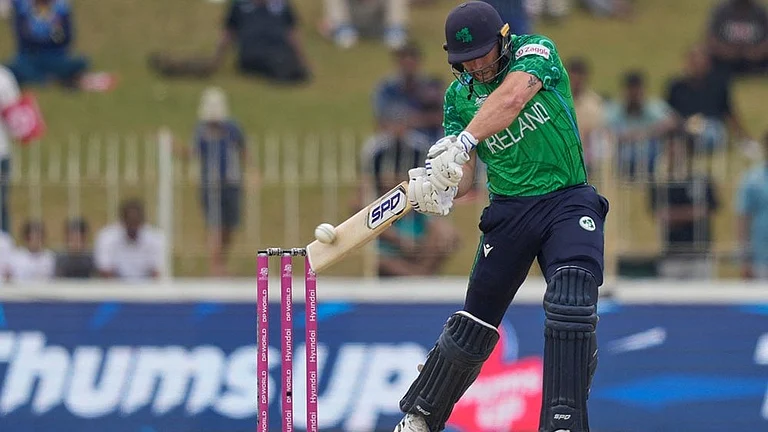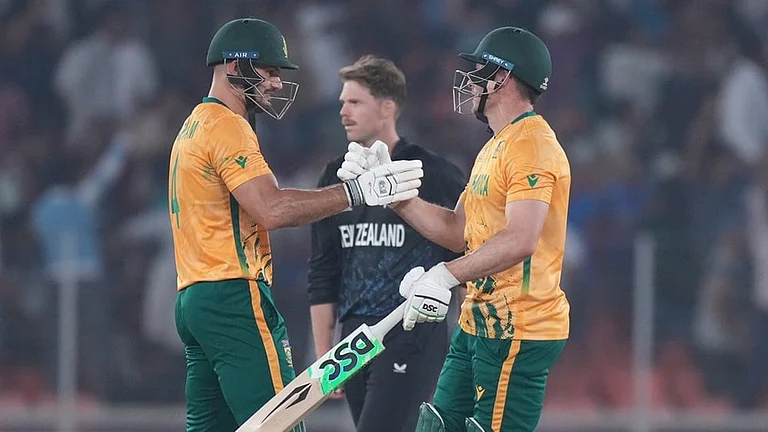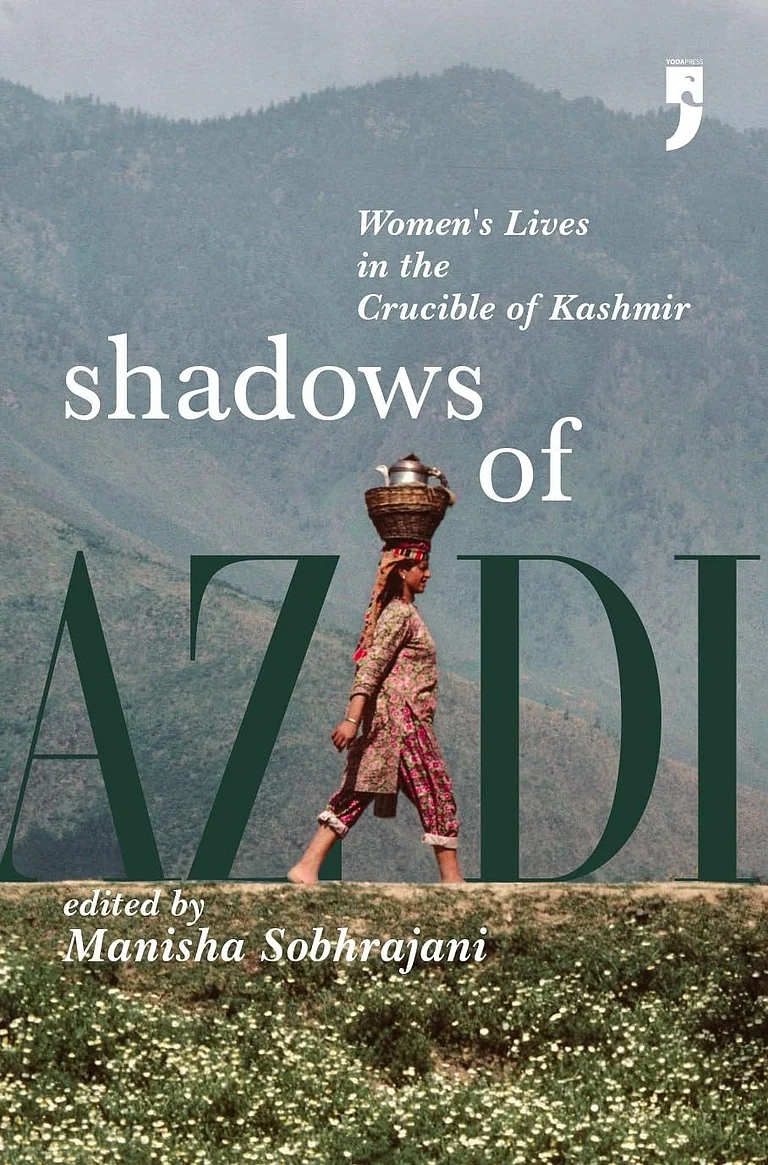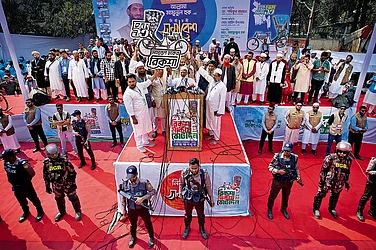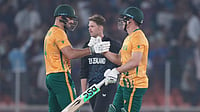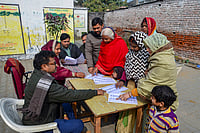China's UN ambassador said Friday the UN Security Council's primary goal in strife-torn Myanmar should be to avoid more violence and a civil war.
Zhang Jun told several reporters after the council heard closed-door briefings from the new Myanmar envoys for the 10-member Association of Southeast Asian Nations and the United Nations that he hopes their efforts and others “can really continue to calm the situation.”
Almost a year ago -- on February 1, 2021 -- Myanmar's military seized power from the elected government of Aung San Suu Kyi.
Its takeover was quickly met by nonviolent nationwide demonstrations, which security forces quashed with deadly force, killing over 1,400 civilians, according to a detailed list compiled by the Assistance Association for Political Prisoners.
Peaceful protests have continued, but amid the severe crackdown, an armed resistance has also grown, to the point that UN experts have warned the country could be sliding into civil war.
The southeast Asian regional group ASEAN, which includes Myanmar, has sought to play a mediating role in Myanmar's crisis given concerns over how it could affect regional peace, and ambassador Zhang said China believes it should play “a crucial role.”
In April, ASEAN reached consensus on a five-point plan to try to help restore peace and stability including an immediate halt to violence, starting a dialogue among all parties, and appointment of an ASEAN special envoy who would visit Myanmar to meet all concerned parties. But Myanmar has made little effort to implement it.
ASEAN also took months to choose Brunei's Second Foreign Minister Erywan Yusof as its envoy, but he never visited Myanmar because the military would not allow him to meet Suu Kyi. In October, Cambodia took over ASEAN's presidency and in mid-December Prime Minister Hun Sen appointed the country's foreign minister, Prak Sokhonn to be the regional group's Myanmar envoy.
Hun Sen himself became the first foreign leader to visit Myanmar since the military takeover, a visit that sparked protests at home and criticism abroad. Opponents said his visit earlier this month legitimized the military takeover and broke the generals' near-total diplomatic isolation — and he didn't meet Suu Kyi.
But Cambodian foreign minister Sokhonn said afterward that the talks between Hun Sen and Myanmar's military leader, Senior Gen. Min Aung Hlaing, achieved “a very good, positive result with a progressive step forward” on implementing the ASEAN agreement.
China's Zhang said Friday that Beijing welcomes the efforts made by Hun Sen, calling his visit “quite good, quite fruitful,"" and saying “we asked them to continue to make further efforts.”
Zhang said Sokhoon told the council Friday that members have to understand Myanmar's historic background, “unique political structure” and the role the military plays in that structure -- and “only based on that, we can find a solution.”
“Some people do not like the kind of situation (now), but I think what we have to also bear in mind is that we should avoid the worsening of the situation, to avoid more violence, to avoid a civil war,” Zhang said.
“That's, the primary goal we should have bearing in our mind.”
He said China also welcomes the appointment of Noeleen Heyzer as the new UN special envoy for Myanmar. She is talking to key parties and has requested to visit Myanmar, he said, and “let's hope that she can get it done.”
Britain's deputy UN ambassador James Kariuki said Heyzer will try to go to Myanmar soon, “but the condition has to be right.”
He said it was important for the council to hear for the first time from the two envoys, stressing that they have the council's full support.
He said the council is working on a press statement on Myanmar reflecting areas of agreement.
“As the council heard today, 14 million people are in desperate need of life-saving aid now, compared with 1 million before the coup,” Kariuki told The Associated Press. “The longer this goes, the worse it will get. The military need to stop blocking humanitarian access and start honoring their own commitment to implement the five-point consensus. … There can be no further delay.”







